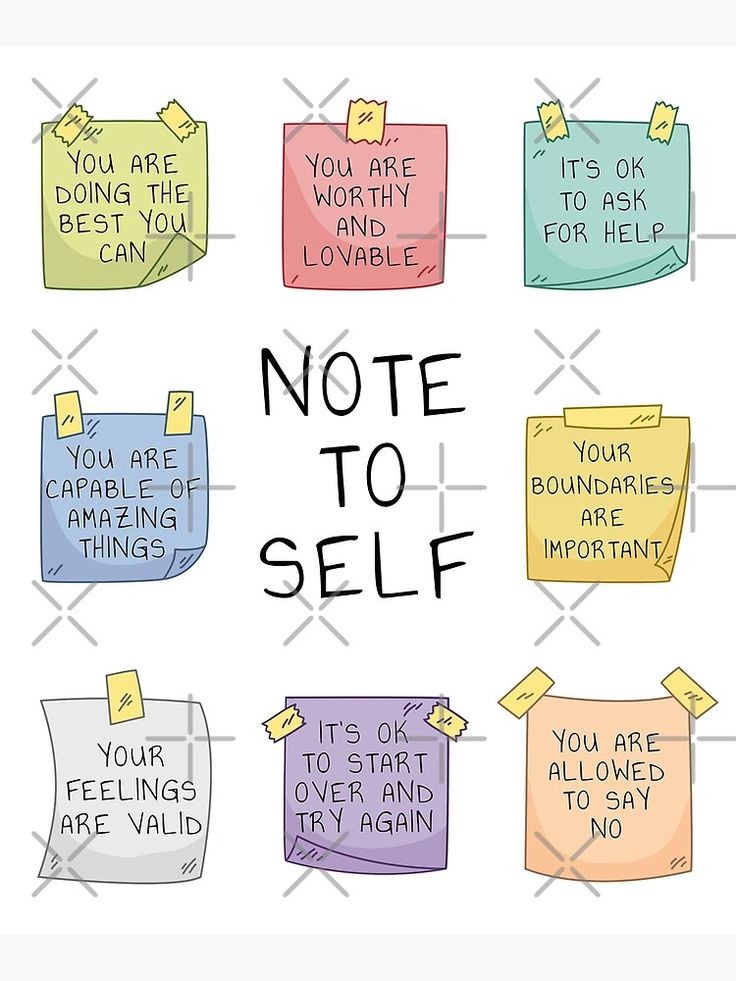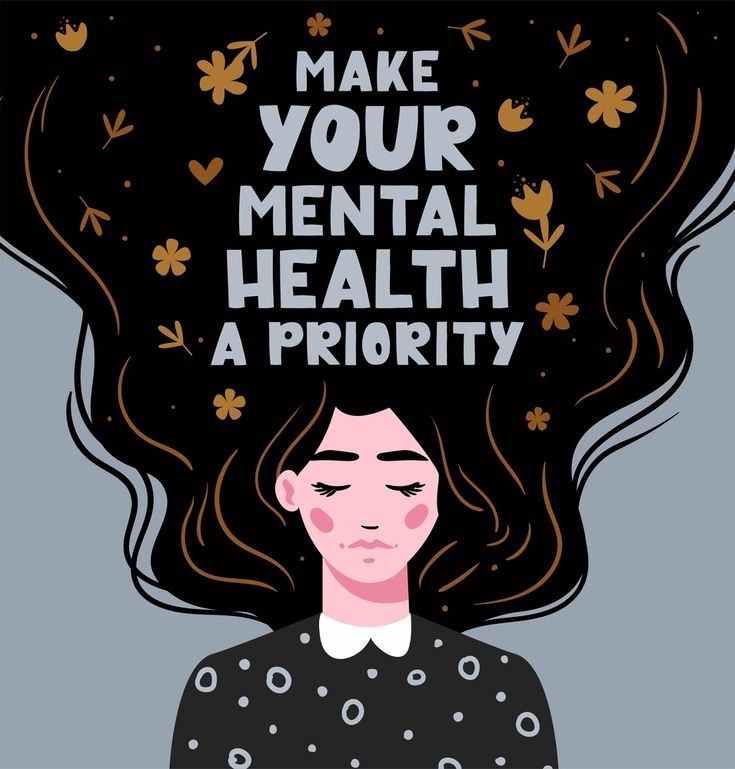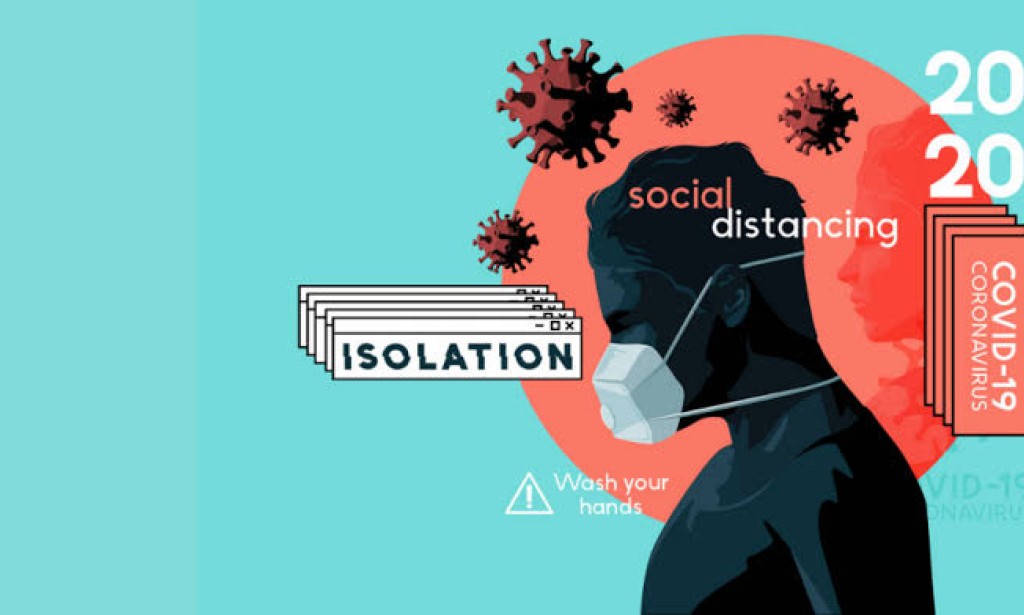The impact of COVID-19 on mental health and strategies for coping with pandemic-related stressors.
The COVID-19 pandemic has affected people's lives in numerous ways. The uncertainty, fear, and stress associated with the pandemic have taken a toll on people's mental health. In this essay, we will explore the impact of COVID-19 on mental health and strategies for coping with pandemic-related stressors. One of the most common mental health effects of the pandemic has been increased anxiety. Fear of contracting the virus, uncertainty about the future, and concerns about the economic impact of the pandemic have all contributed to heightened levels of anxiety. Additionally, social isolation and the disruption of daily routines have contributed to increased feelings of depression and loneliness.
To cope with pandemic-related stressors, there are several strategies that individuals can use. One of the most effective strategies is to stay connected with friends and family. While social distancing measures have made in-person gatherings difficult, technology has made it easier to stay in touch virtually. Video chats, phone calls, and messaging apps can help individuals stay connected with loved ones and feel less isolated.
Another helpful coping strategy is to maintain a regular routine. With many people working from home or experiencing changes in employment status, it can be easy to fall into an irregular schedule. However, maintaining a regular sleep schedule, eating meals at consistent times, and scheduling time for exercise or other activities can help create a sense of structure and stability.
Engaging in self-care activities can also help individuals cope with pandemic-related stressors. This can include things like meditation, yoga, or other relaxation techniques. Additionally, making time for hobbies or creative pursuits can provide a sense of purpose and joy.
For individuals experiencing significant levels of anxiety or depression, seeking professional help may be necessary. Many mental health professionals are offering virtual sessions during the pandemic, making it easier to access care from the comfort of one's home.
In addition to these individual strategies, there are also broader societal changes that can help mitigate the mental health impacts of the pandemic. Access to affordable mental health care, support for individuals experiencing financial hardship, and policies that prioritize the physical and mental health of individuals can all help alleviate pandemic-related stressors.
Impact of COVID-19 on Mental Health:
The pandemic has had a profound impact on people's mental health. People have experienced anxiety, depression, and stress related to the pandemic. Some of the factors that have contributed to this include social isolation, financial insecurity, and fear of infection. The pandemic has also increased the risk of substance abuse, domestic violence, and suicide.
COVID-19, the disease caused by the novel coronavirus, has had a significant impact on people's mental health. The pandemic has caused immense physical and emotional distress, as it has disrupted daily routines, caused economic uncertainty, and created feelings of isolation and loneliness. These factors have led to a rise in mental health issues such as anxiety, depression, and stress.

One of the most significant impacts of COVID-19 on mental health is the sense of uncertainty that the pandemic has created. The constant news cycle and the unknowns about the virus, such as how long it will last and when life will return to normal, have left many people feeling anxious and stressed. The uncertainty has also led to feelings of hopelessness and helplessness, as people struggle to control their lives in the face of a pandemic that is beyond their control.
The pandemic has also caused a sense of isolation and loneliness for many people. Social distancing guidelines and lockdowns have led to a decrease in social interactions, causing feelings of loneliness and isolation. For many, the inability to see friends and family, participate in activities, and engage in hobbies has led to feelings of boredom and sadness. This sense of isolation has been particularly acute for older adults and people with preexisting mental health conditions.
Another impact of COVID-19 on mental health is the economic insecurity that the pandemic has caused. Many people have lost their jobs or experienced a reduction in income due to the pandemic. Financial stress has led to feelings of anxiety and depression, as people struggle to make ends meet and provide for their families. Financial stress has also led to an increase in substance abuse, as some people turn to drugs or alcohol as a way of coping with their stress and anxiety.
Finally, COVID-19 has also had a significant impact on healthcare workers and frontline workers. These individuals have been at the forefront of the pandemic, putting their health and safety at risk to care for others. The stress and anxiety of working in high-pressure environments, often with limited resources, has led to an increase in mental health issues for healthcare workers. Many have reported symptoms of post-traumatic stress disorder (PTSD) and depression.
Studies have shown that the pandemic has had a significant impact on the mental health of frontline healthcare workers. They have been at a higher risk of contracting the virus, which has caused anxiety, depression, and post-traumatic stress disorder (PTSD).
Children and adolescents have also been affected by the pandemic. The closure of schools and social isolation has led to increased anxiety, depression, and behavioral problems. The pandemic has also disrupted their routines, causing additional stress.
Strategies for Coping with Pandemic-Related Stressors:
It is important to take care of your mental health during the pandemic. Here are some strategies for coping with pandemic-related stressors:
Stay connected: Social distancing does not mean social isolation. Stay connected with friends and family through virtual platforms, such as Zoom and Skype.
Practice self-care: Take care of your physical and mental health by eating healthy, exercising regularly, and getting enough sleep.
Limit exposure to news and social media: Too much exposure to news and social media can increase anxiety and stress. Limit your exposure to these sources.
Practice mindfulness: Mindfulness can help reduce anxiety and stress. Practice meditation, deep breathing, or yoga.
Seek professional help: If you are experiencing severe anxiety, depression, or other mental health problems, seek professional help. There are many online resources available to help you.
Volunteer: Helping others can help you feel good about yourself and reduce stress. Volunteer your time and resources to help those in need.
Focus on the positive: Try to focus on the positive aspects of your life, such as your health, family, and friends. Gratitude can help reduce stress and anxiety.
Conclusion:
In conclusion, the impact of COVID-19 on mental health has been significant. The pandemic has created feelings of uncertainty, isolation, and economic insecurity, leading to a rise in mental health issues such as anxiety, depression, and stress. While the pandemic has created many challenges for mental health, there are resources available to help those struggling. Mental health professionals, support groups, and online resources can provide assistance and support to those in need. It is essential that individuals take care of their mental health during this challenging time, and seek help if they are struggling. The COVID-19 pandemic has had a significant impact on people's mental health. It has caused anxiety, depression, and stress related to social isolation, financial insecurity, and fear of infection. Healthcare workers and children have been particularly affected. However, there are many strategies for coping with pandemic-related stressors, such as staying connected, practicing self-care, and seeking professional help. By taking care of our mental health, we can better cope with the challenges posed by the pandemic.



You must be logged in to post a comment.